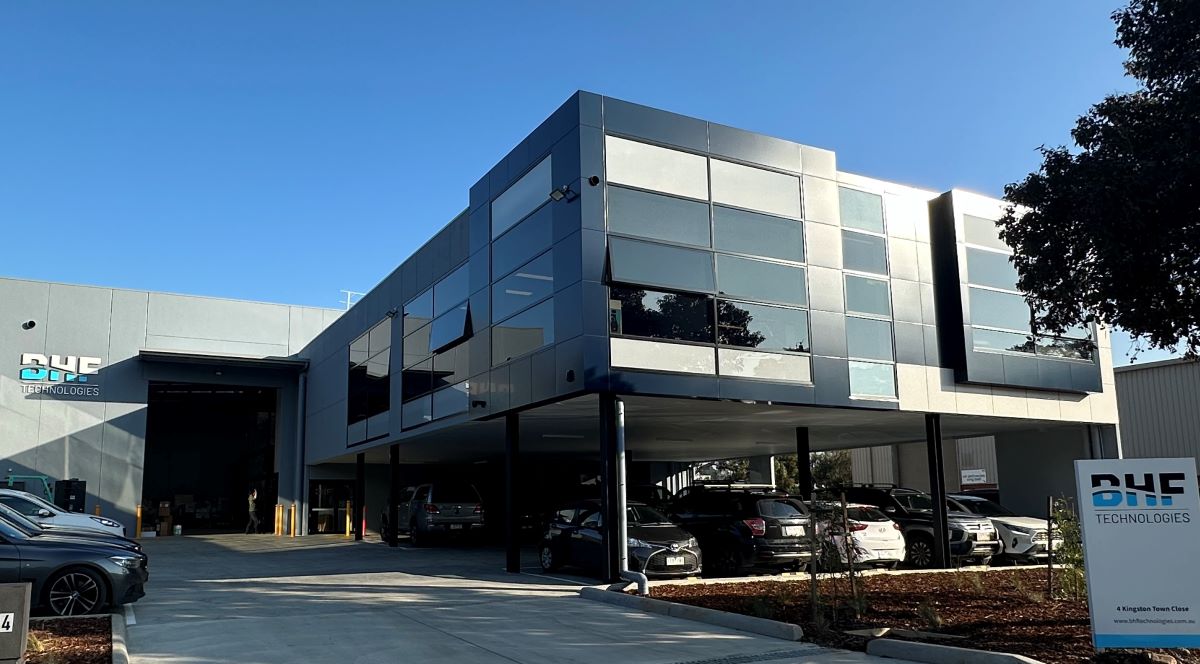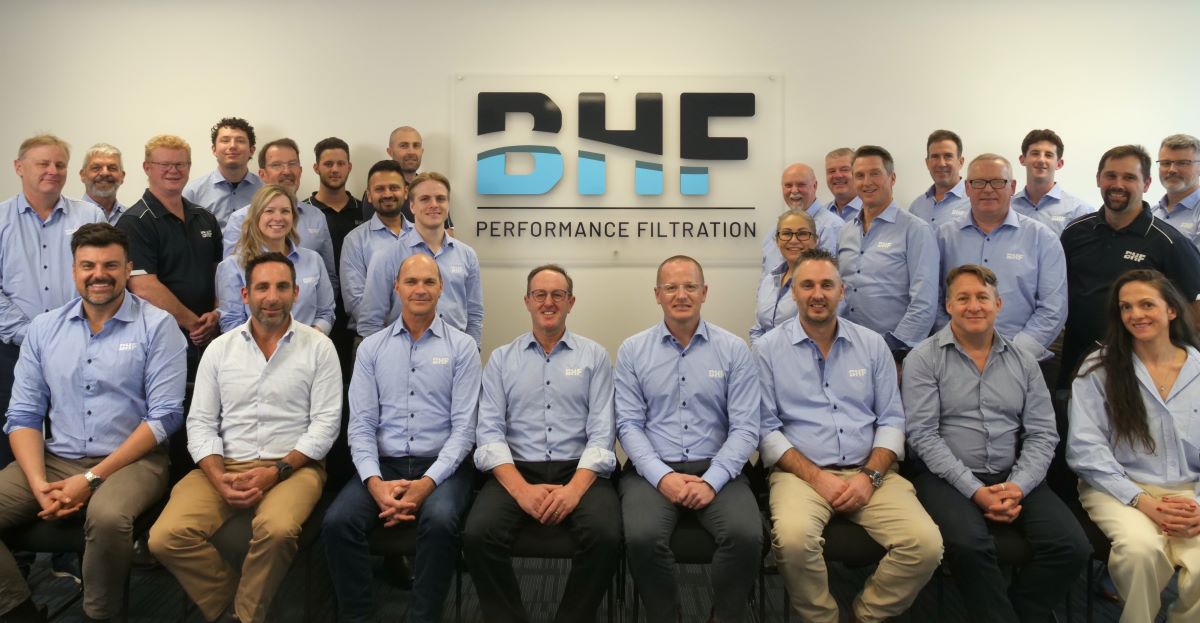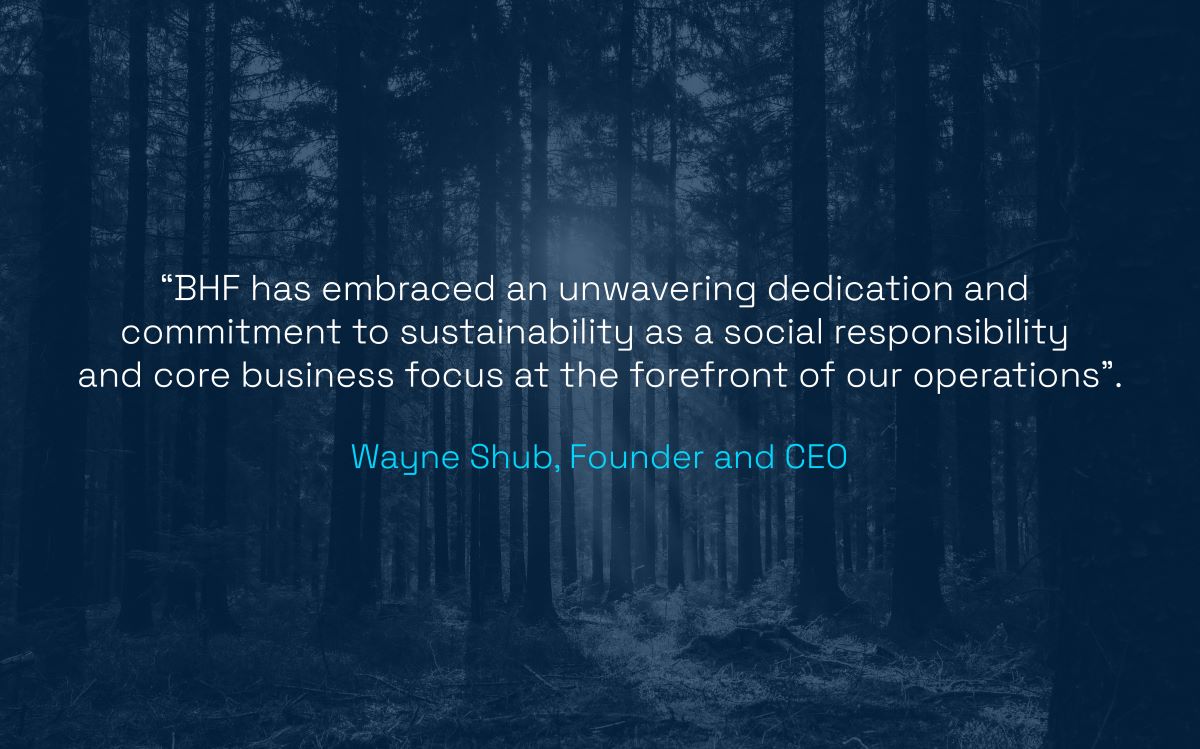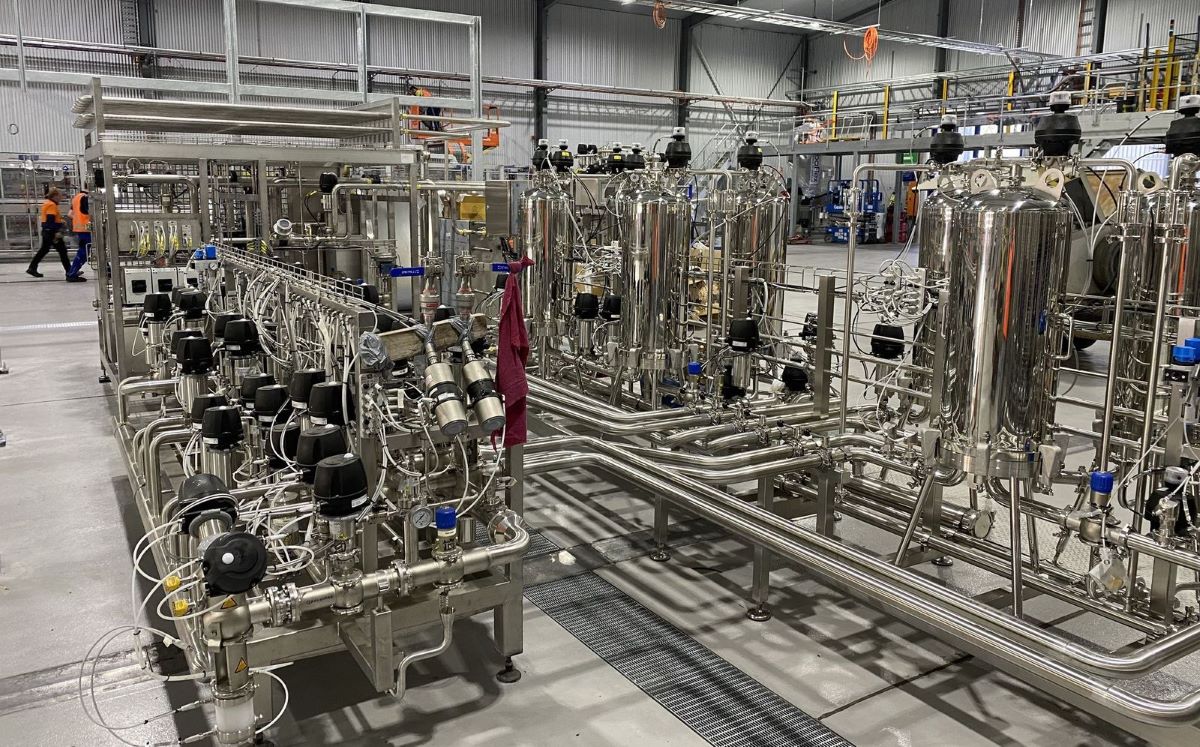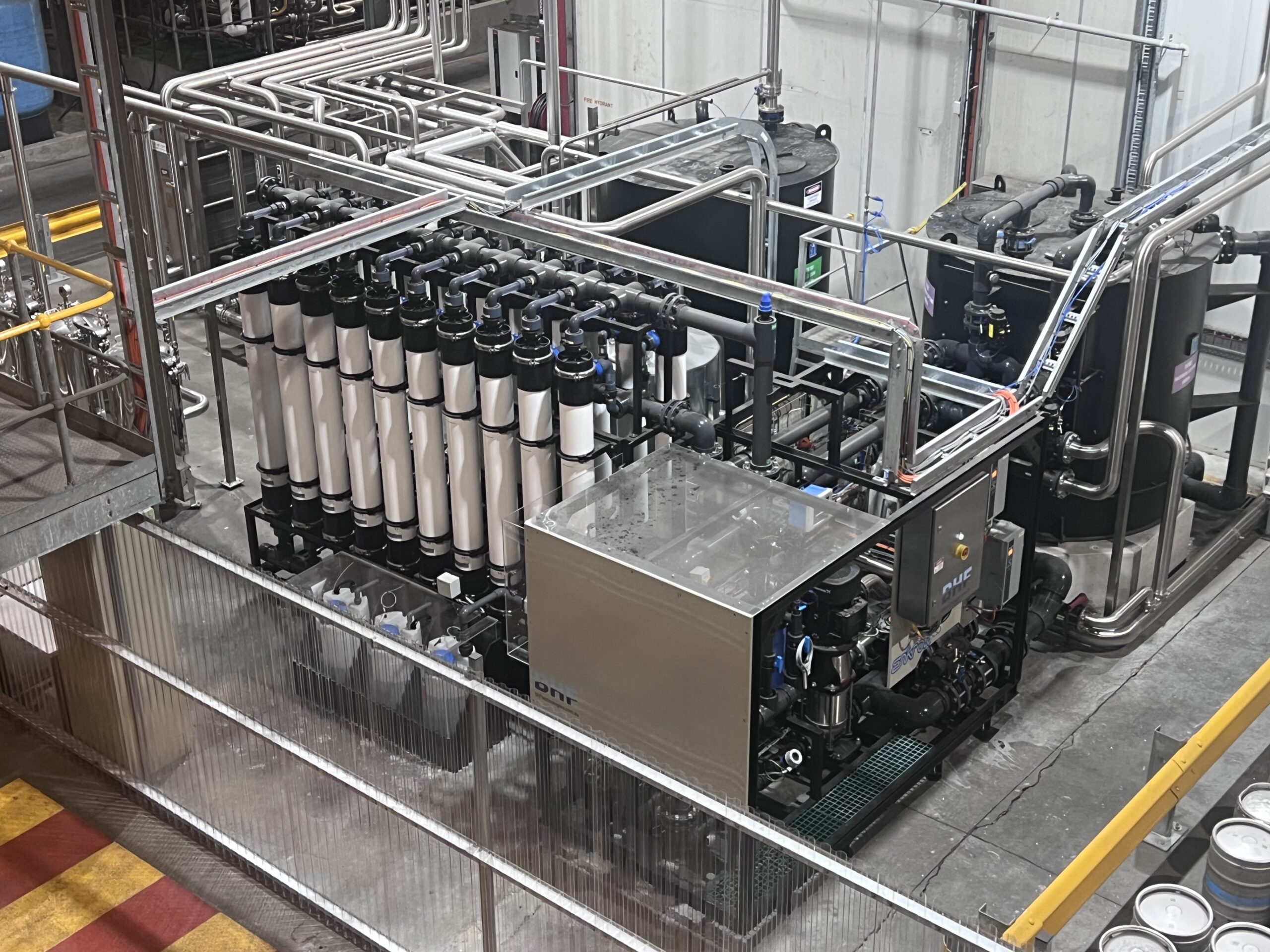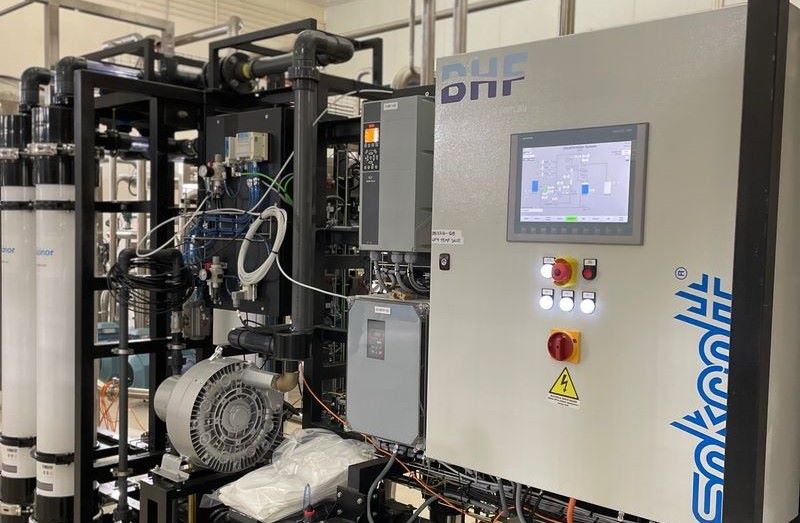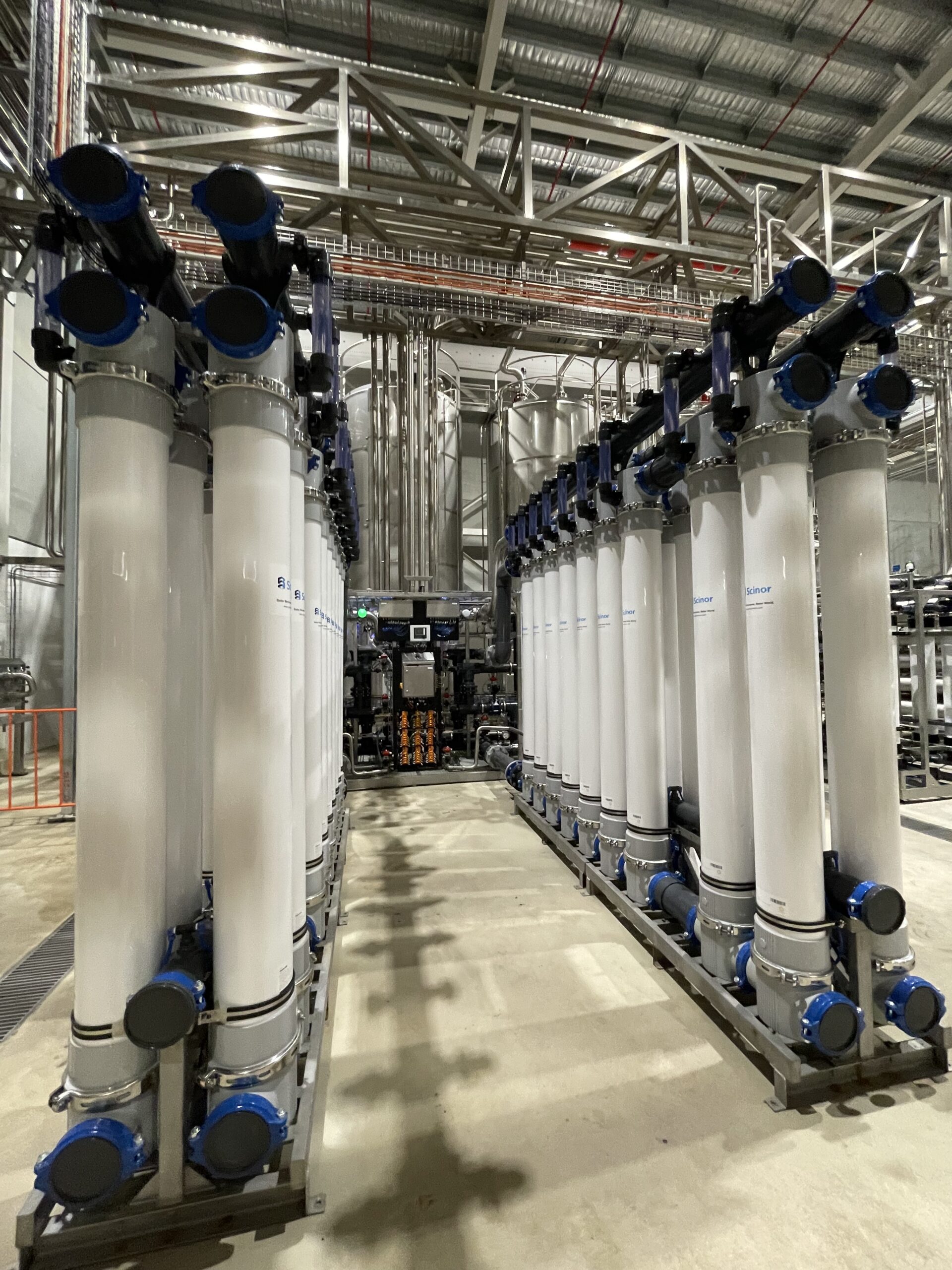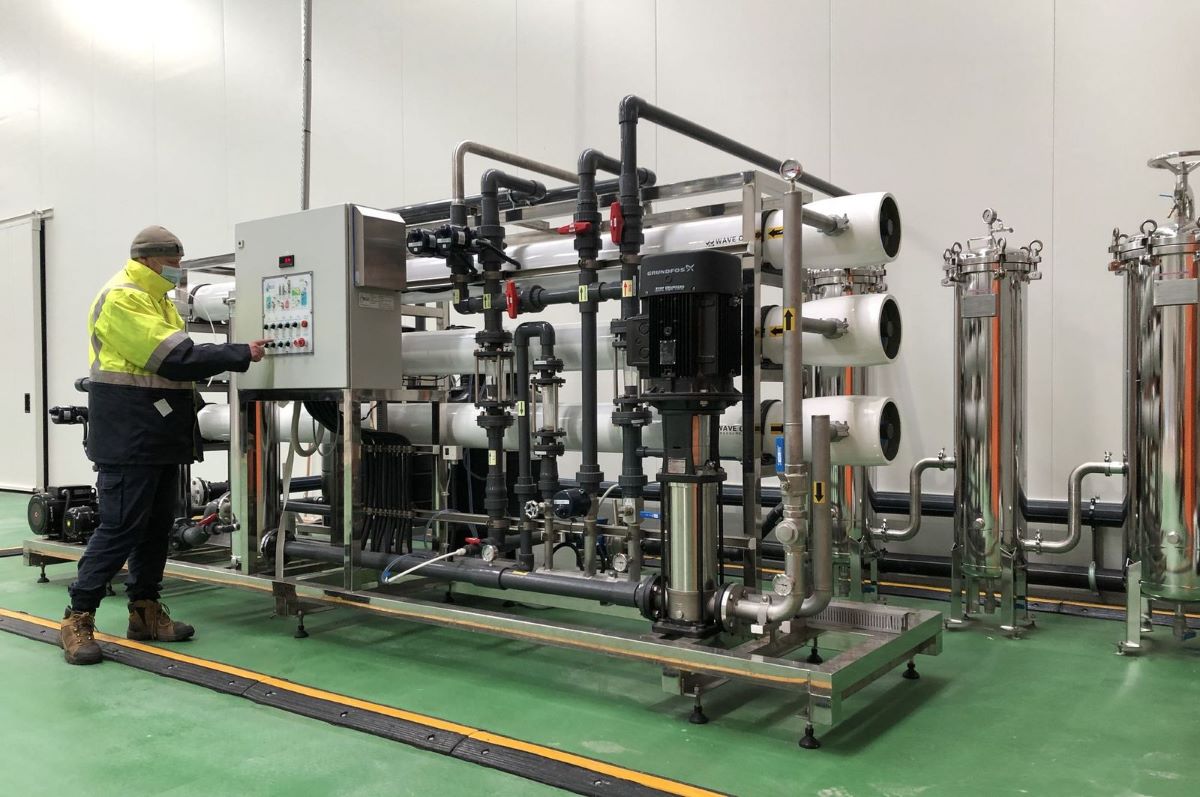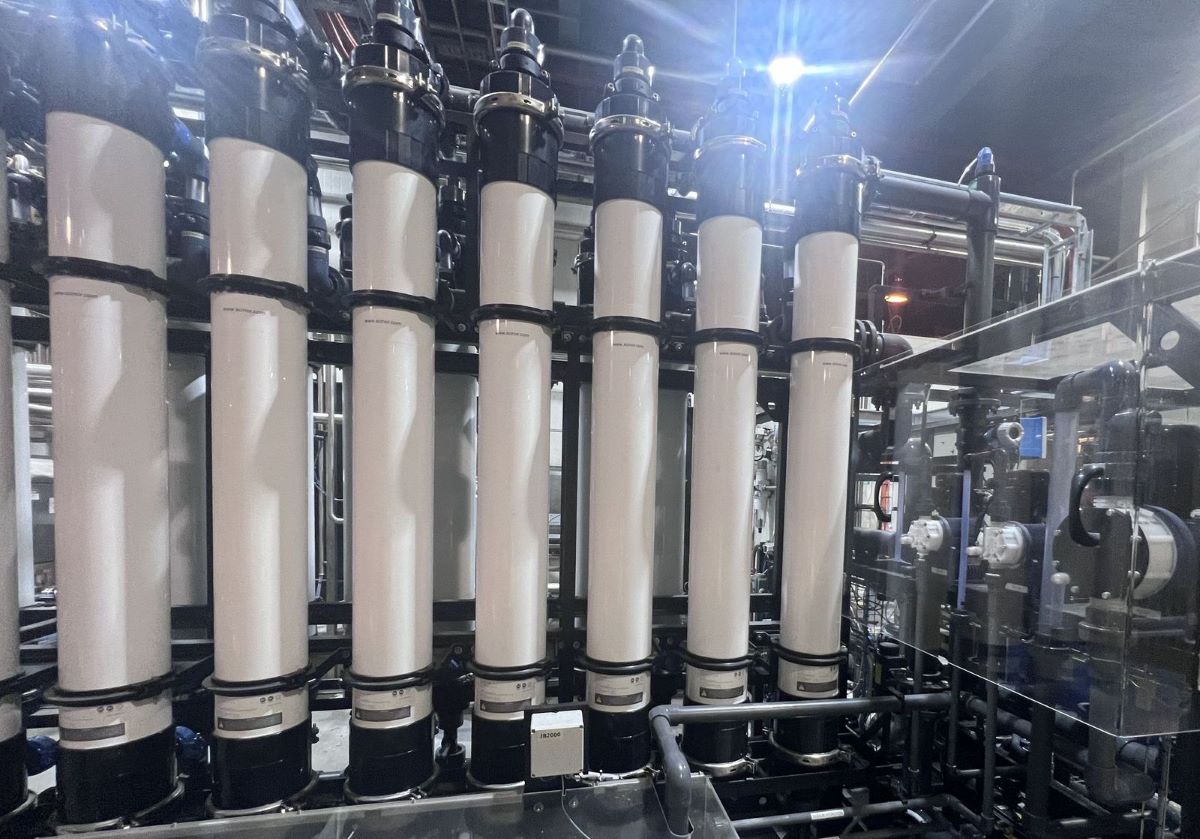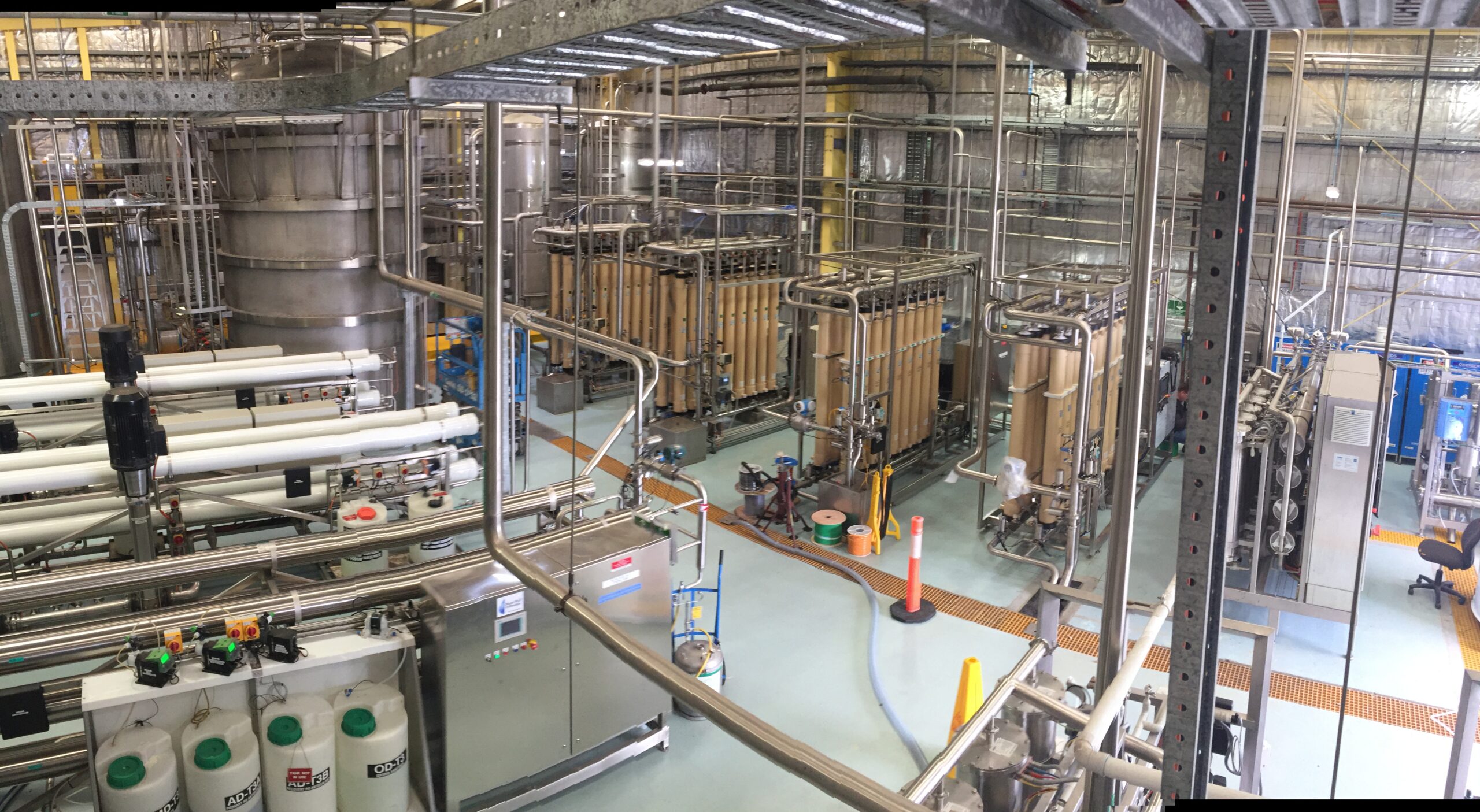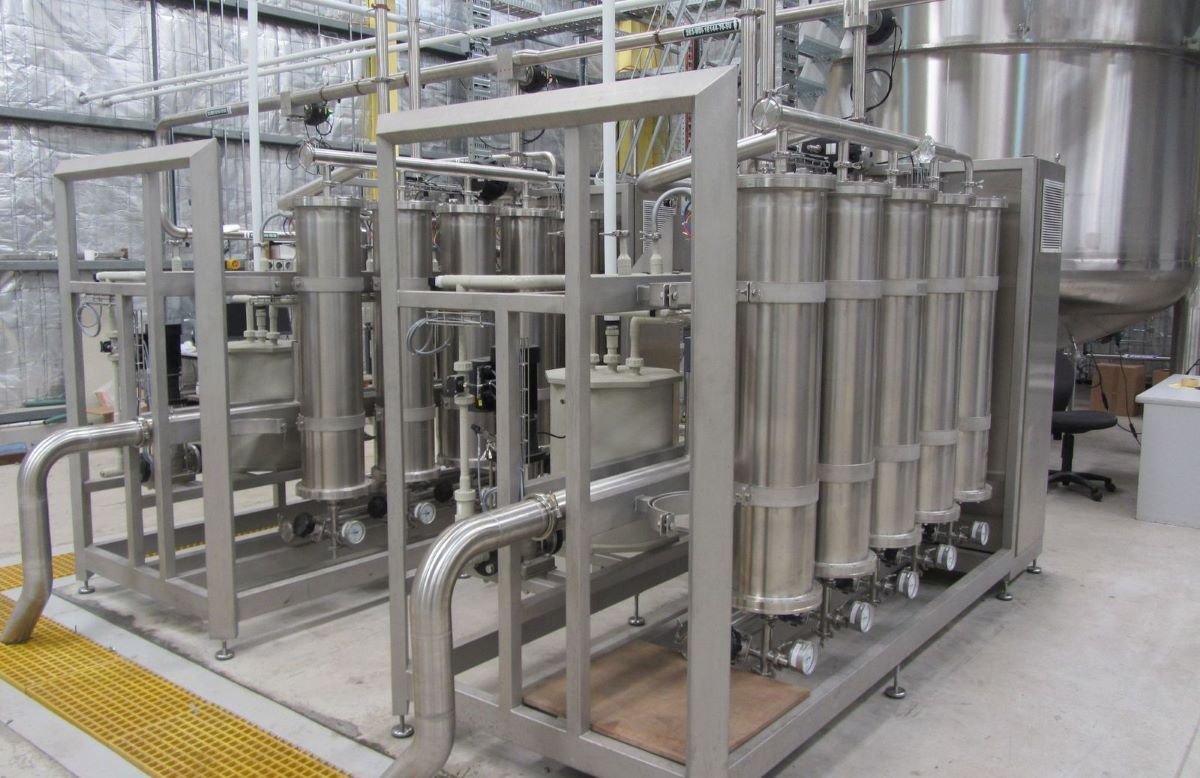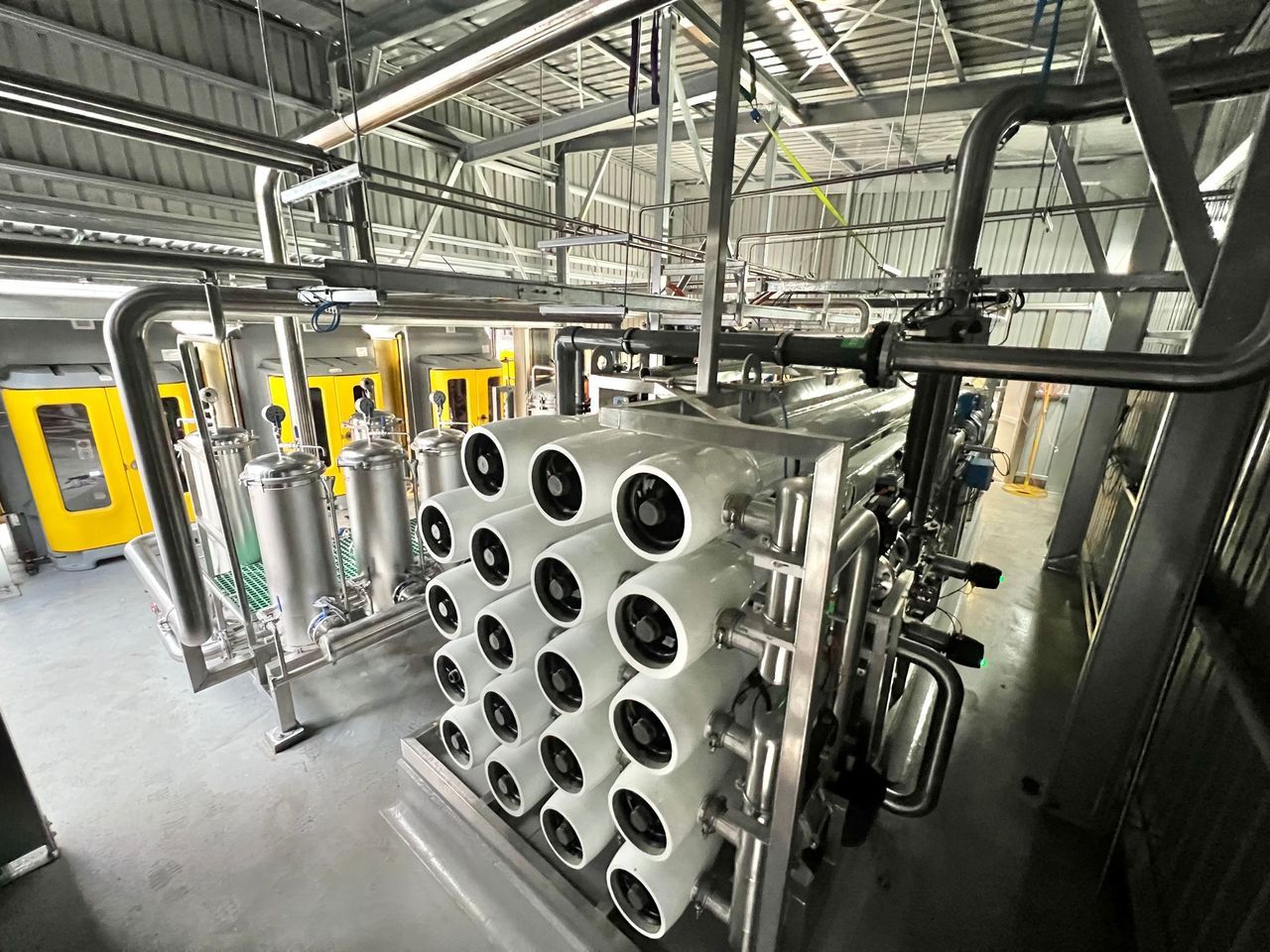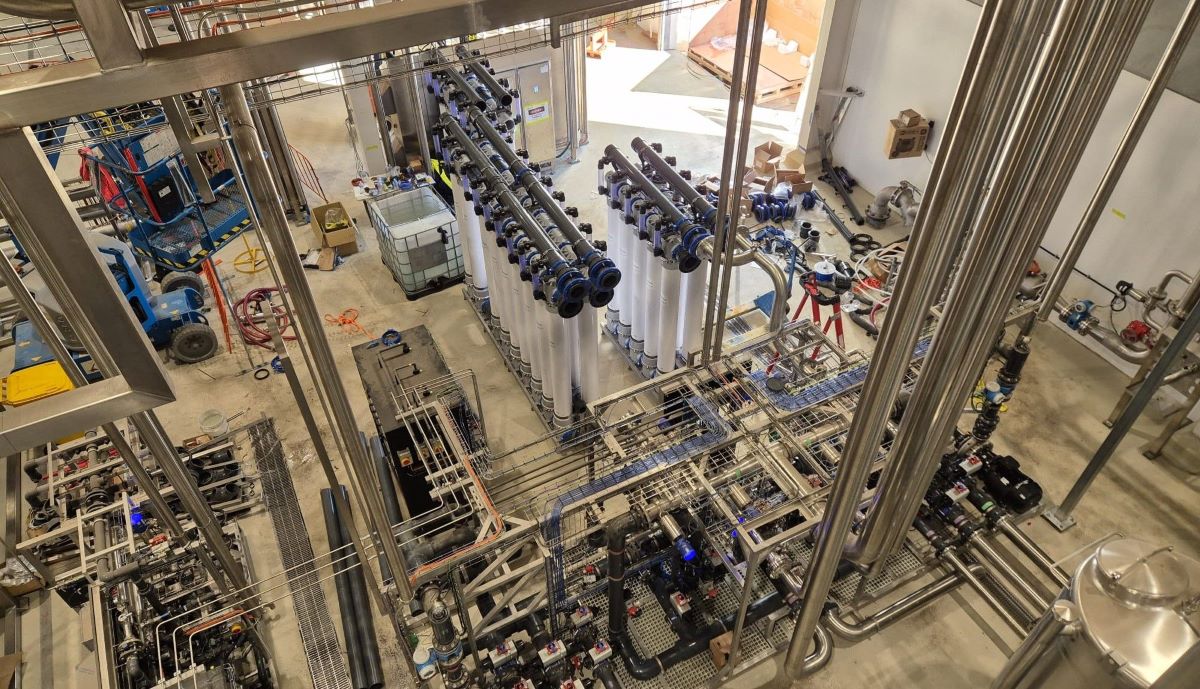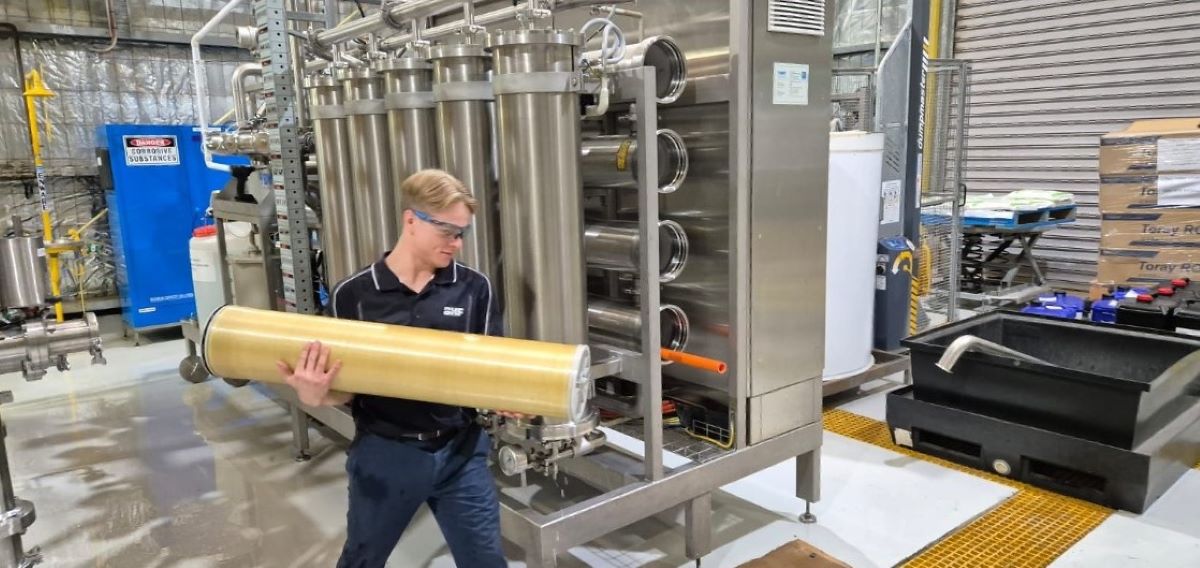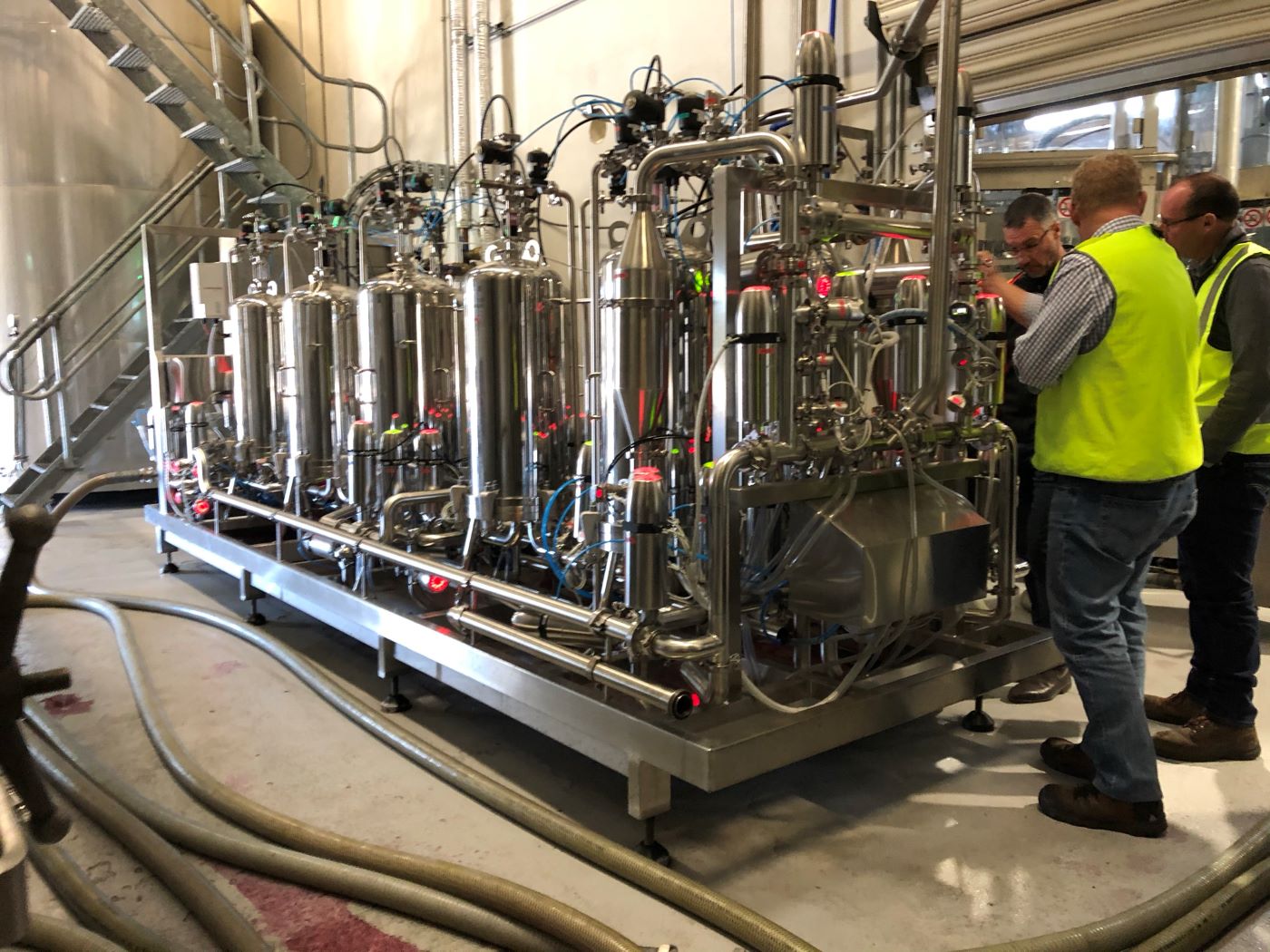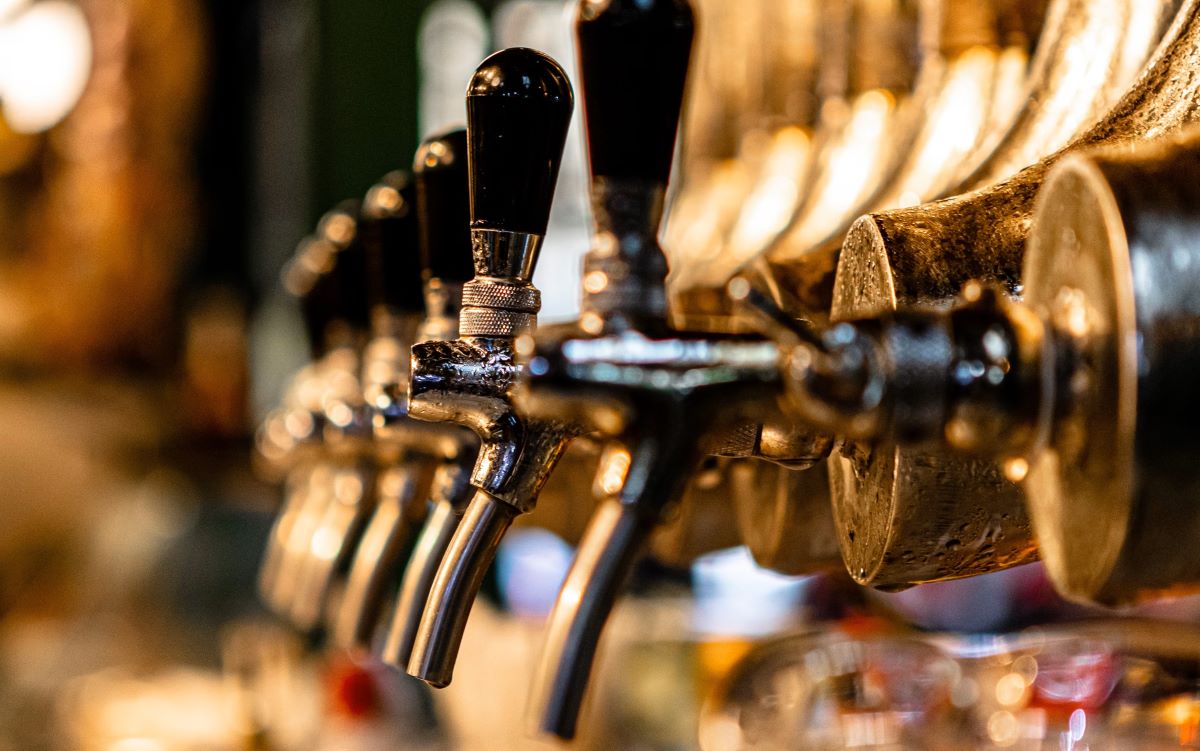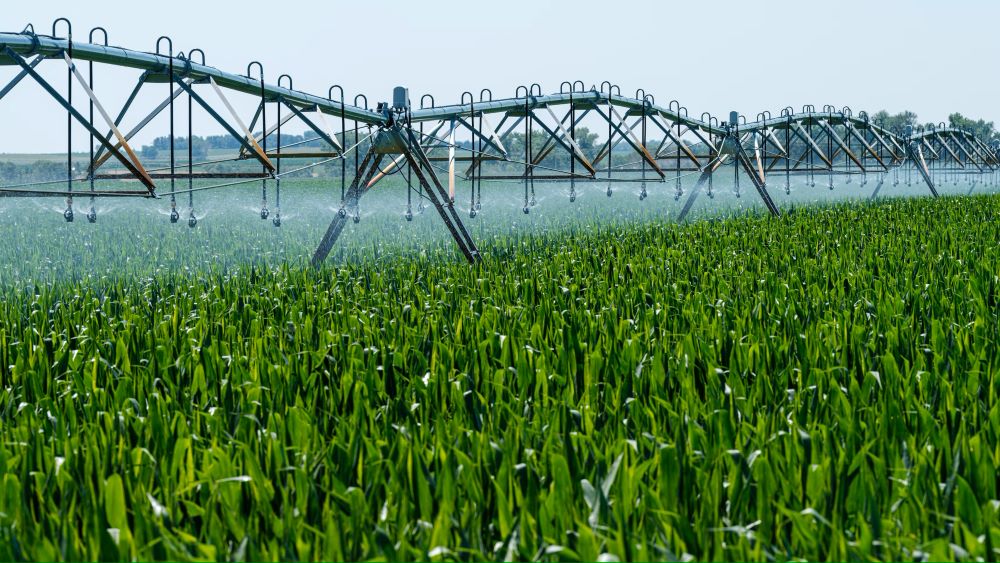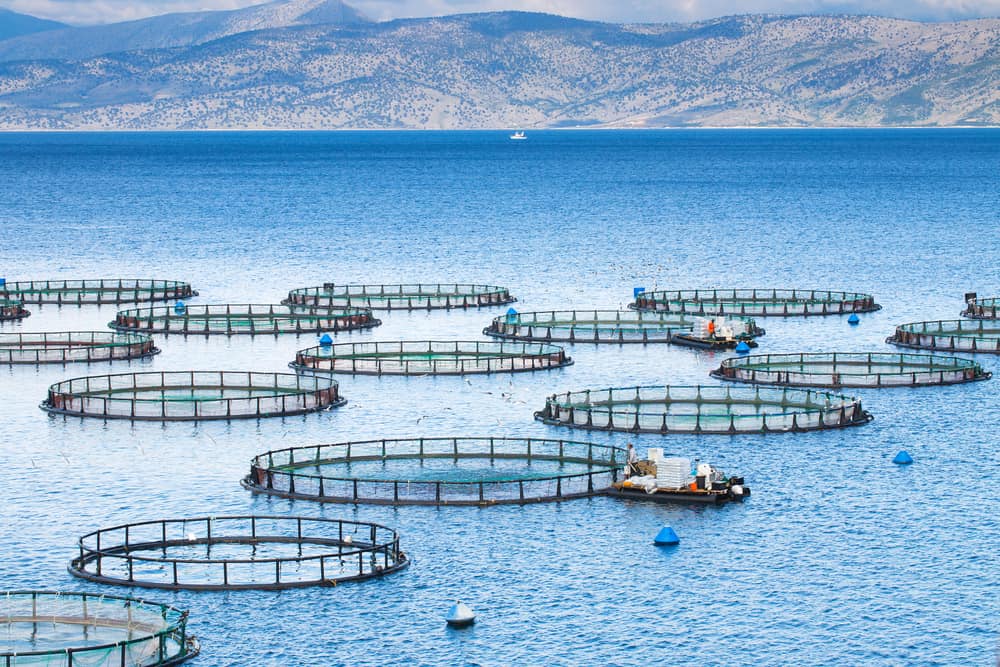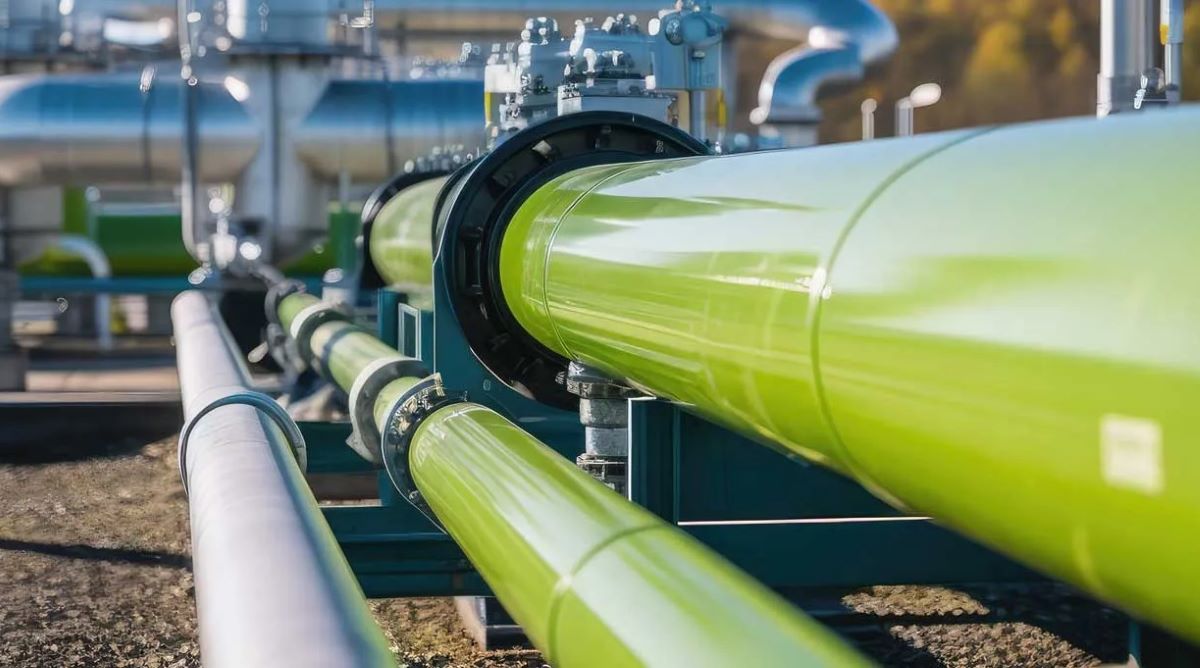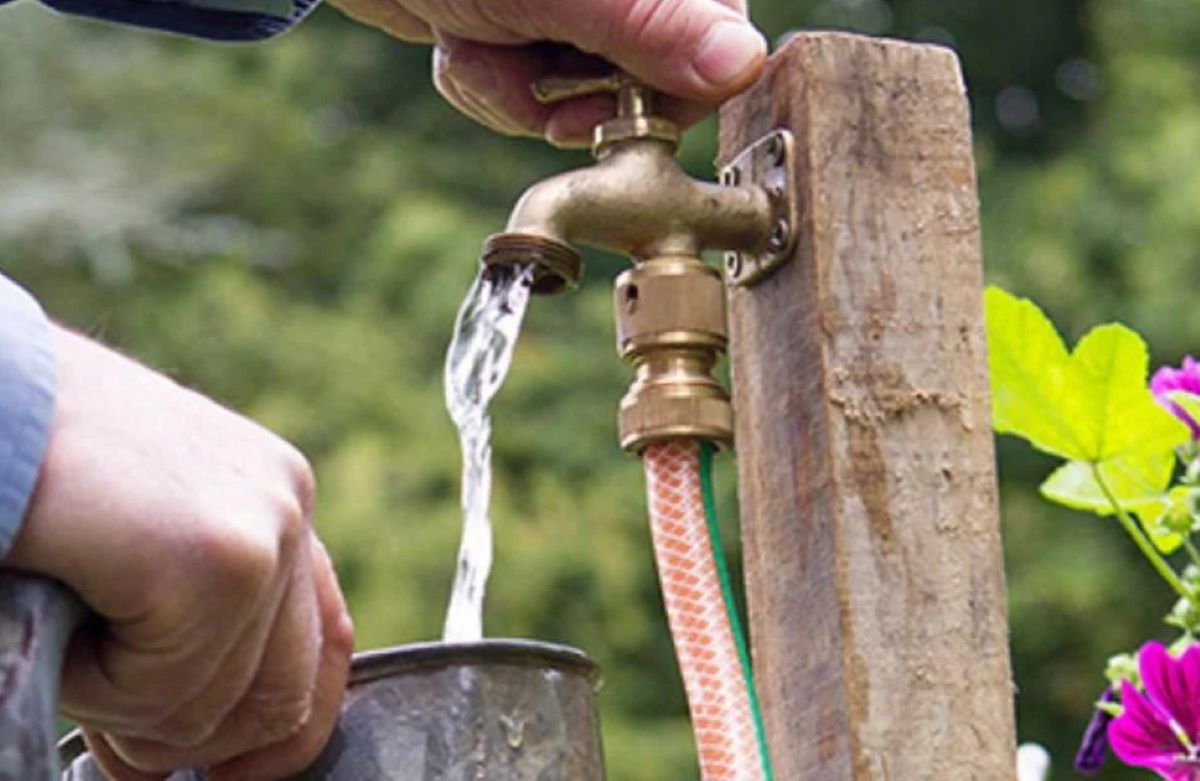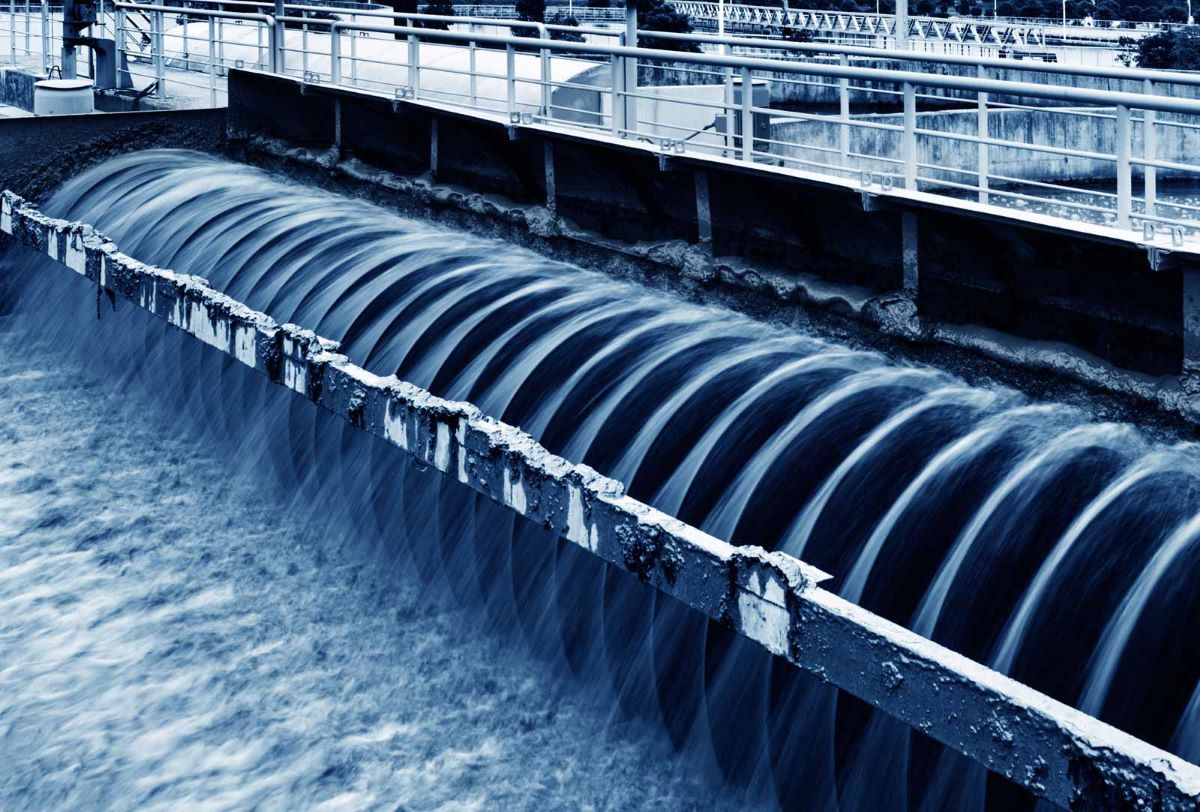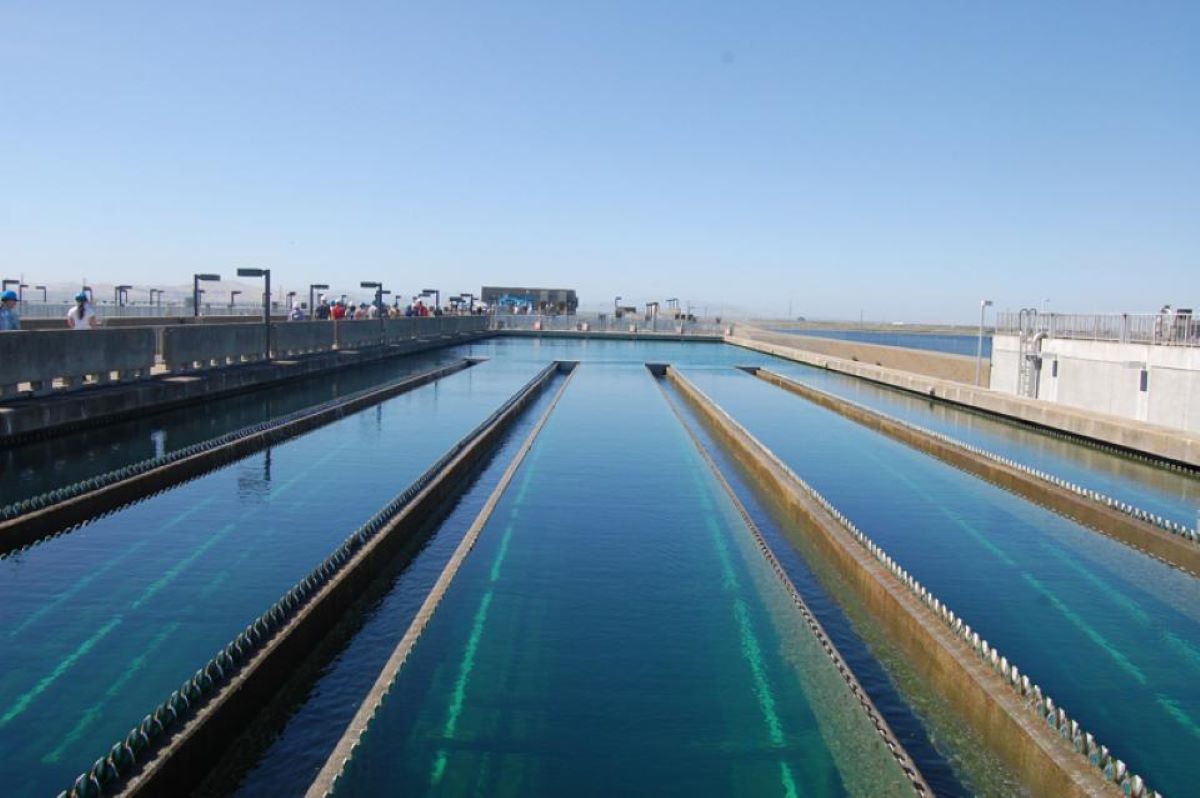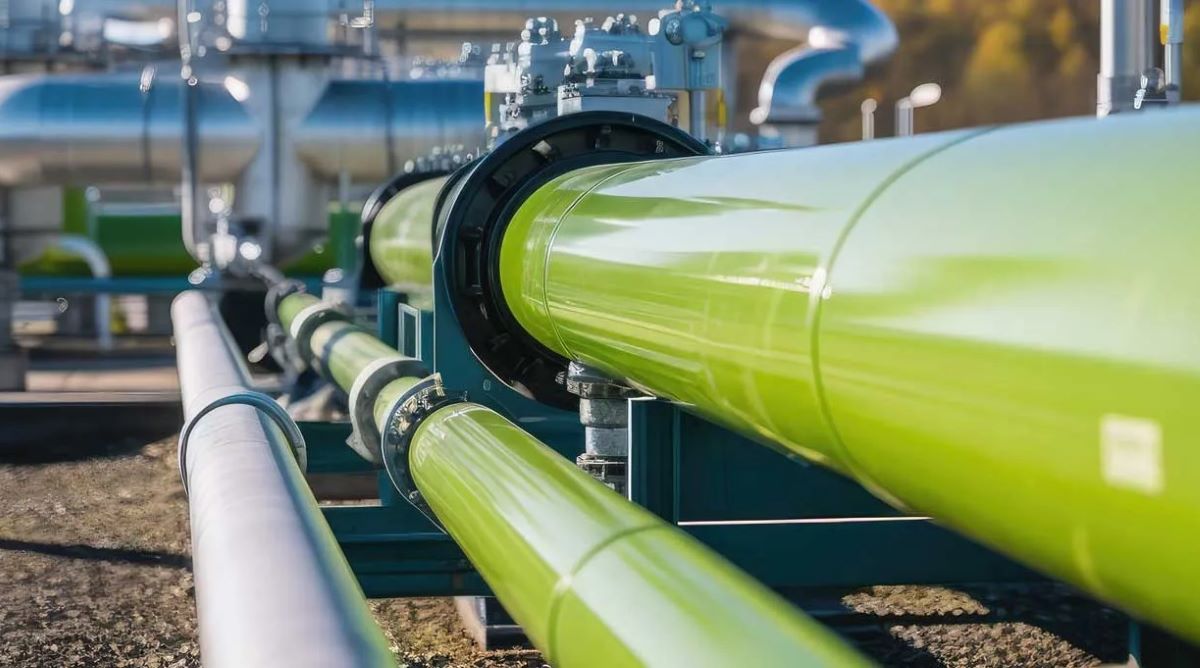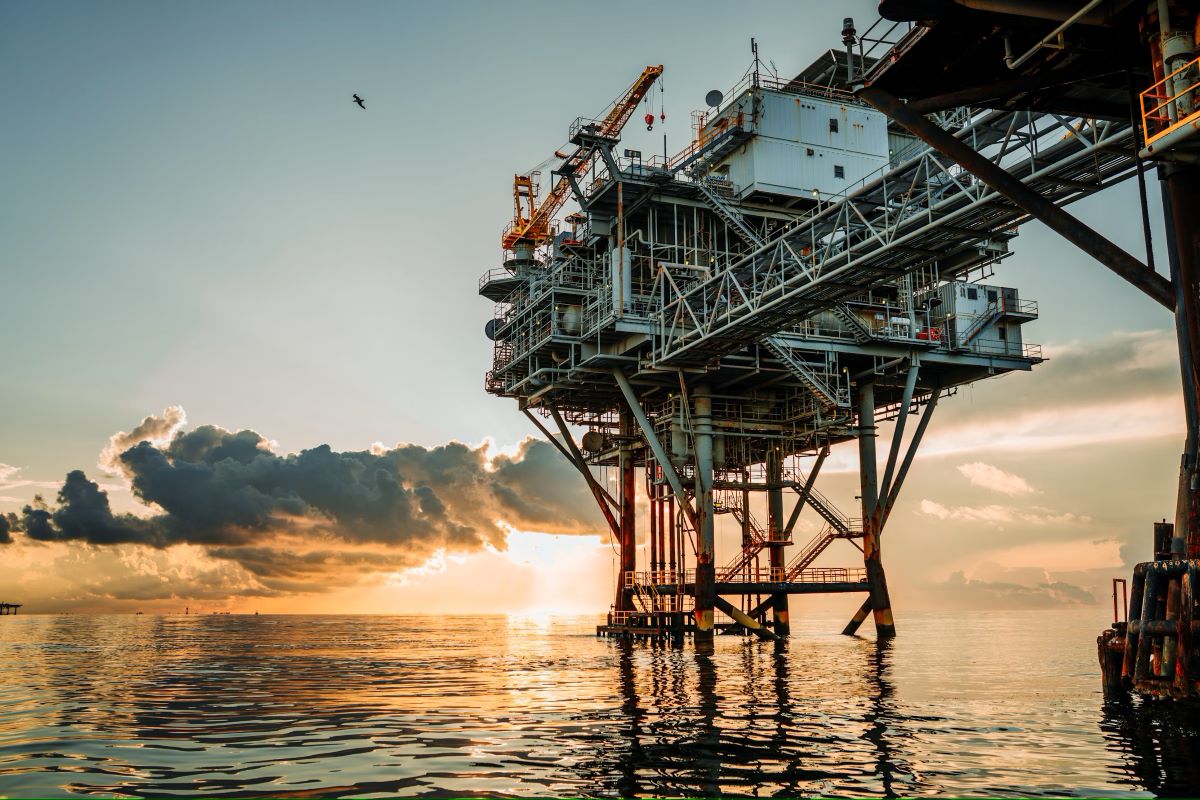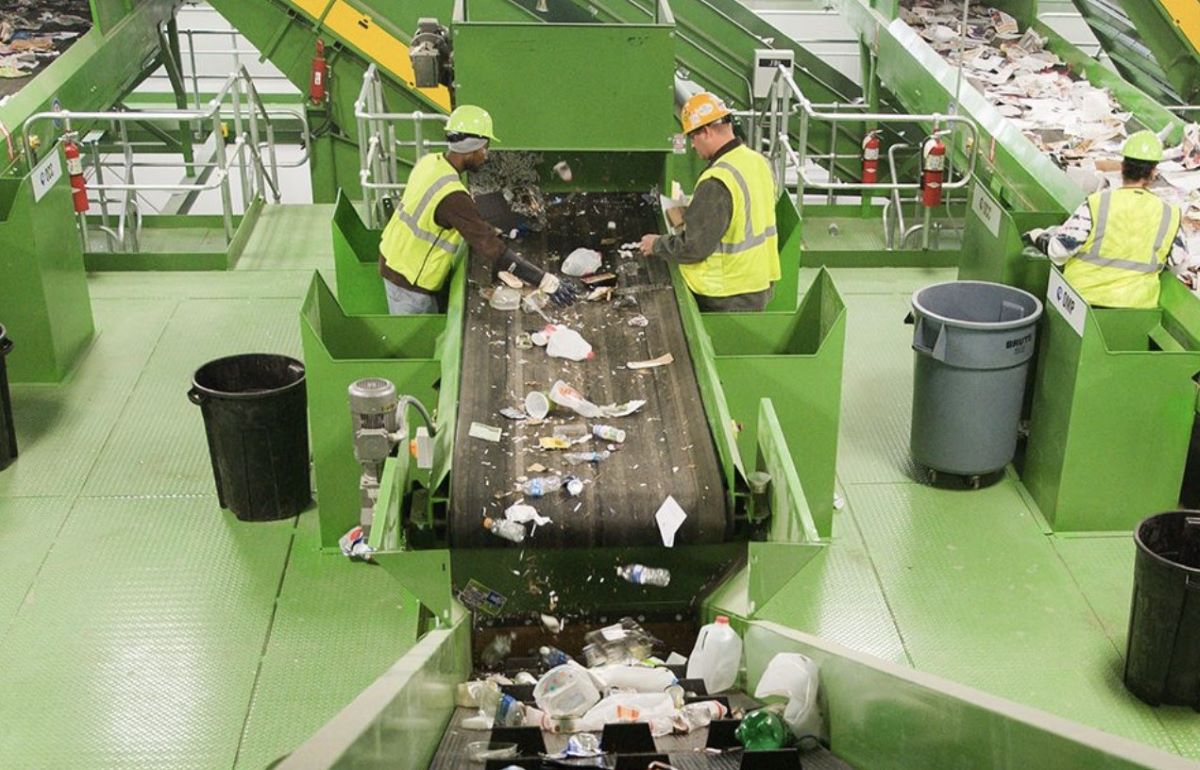Water Management in Mining: Utilising Containerised, Deployable Water Systems

Effective water management is a critical component of modern mining operations. The demand for water in mining processes, coupled with environmental regulations and the need for sustainability, has driven the development of innovative solutions to address water scarcity, contamination, and efficiency challenges. One such solution gaining traction in the industry is the use of containerised, deployable water treatment systems, particularly Ultrafiltration (UF) and Reverse Osmosis (RO) technologies. These systems are helping mining companies improve water reuse, meet regulatory standards, and reduce operational costs.
The Importance of Water Management in Mining Operations
Water is an essential resource in mining, used for a variety of applications, including mineral processing, dust suppression, equipment cooling, and slurry transport. Mining operations often consume large volumes of water, putting a strain on local water resources and increasing the risk of contamination. In many regions, mining companies are facing stricter environmental regulations and higher water treatment standards, particularly regarding wastewater discharge. As a result, water management practices must be optimised to ensure the sustainable use of water while maintaining regulatory compliance.
Containerised Water Treatment Systems: A Flexible Solution
Containerised water treatment systems, which can house both Ultrafiltration (UF) and Reverse Osmosis (RO) units, provide an efficient, scalable, and deployable solution for water management in mining. These systems are housed in self-contained, modular containers that are easy to transport, set up, and operate, making them ideal for mining operations, especially in remote or temporary locations.
UF and RO technologies work together to ensure the water quality meets the necessary standards for both process water and discharge. The ability to deploy these systems quickly and efficiently is a major advantage for mining companies that need to respond rapidly to changing water quality or fluctuating water demands.
Ultrafiltration (UF) and Reverse Osmosis (RO) Technologies
Ultrafiltration (UF) and Reverse Osmosis (RO) are two widely used membrane filtration technologies that help mining operations meet water quality requirements.
Ultrafiltration (UF):
UF is a pressure-driven membrane filtration process that separates particles, bacteria, and other larger contaminants from water. UF systems can remove particles as small as 0.01 microns, making it highly effective for pre-treatment of water before it undergoes further purification processes. In mining, UF is often used to treat surface water, groundwater, and industrial wastewater, ensuring that suspended solids, colloids, and organic materials are filtered out before the water enters the RO system.
Key Benefits of UF:
- Pre-treatment for RO systems: UF helps protect the RO membranes from fouling, ensuring longer service life and better overall performance.
- High filtration efficiency: UF can handle large volumes of water with high turbidity levels, which is common in mining.
- Lower operational costs: As UF requires lower pressures than RO, it can help reduce energy consumption and operational costs.
Reverse Osmosis (RO):
RO is a process that uses semi-permeable membranes to remove dissolved salts, heavy metals, and other contaminants from water, making it suitable for producing high-quality water. In mining, RO is primarily used for producing process water or for treating wastewater for reuse or safe discharge into the environment. RO can handle a wide range of water qualities, making it versatile for different mining environments.
Key Benefits of RO:
- High-quality treated water: RO can produce water with low Total Dissolved Solids (TDS), making it suitable for sensitive applications like mineral processing or cooling systems.
- Water reuse: RO-treated water can be recycled and reused, reducing the overall consumption of freshwater and ensuring compliance with sustainability regulations.
- Efficient recovery rates: Modern RO systems have improved recovery rates, allowing mining companies to maximize the efficiency of water use.
Advantages of Containerised Water Treatment Systems for Mining
Containerised water systems offer several advantages that make them a preferred solution for water management in mining operations:
- Portability and Scalability:
These systems are designed to be easily transportable and can be deployed quickly at mining sites. Whether a mining company is operating in a remote location or requires temporary systems for a specific project, containerised systems offer the flexibility to scale water treatment capacity as needed.
- Reduced Capital Expenditure:
Traditional large-scale water treatment plants can be expensive to build and operate. Containerised systems offer a more cost-effective alternative by eliminating the need for costly infrastructure and allowing for modular expansion as water treatment needs increase.
- Compact and Space-Efficient:
Mining operations often take place in areas with limited space. Containerised water treatment systems are compact and self-contained, allowing them to fit into confined spaces and operate efficiently without occupying large areas of the site.
- Ease of Installation and Operation:
Containerised systems are pre-engineered, reducing the complexity and time required for installation. These systems can be easily connected to existing water infrastructure, allowing for rapid setup. Additionally, the systems come with integrated controls, enabling straightforward operation and monitoring.
- Compliance and Environmental Responsibility:
By using UF and RO technologies, containerised systems help mining companies meet regulatory water quality standards and reduce environmental impacts. Wastewater can be treated and reused, minimising water discharge and ensuring compliance with increasingly stringent environmental regulations.
Real-World Applications in Mining
Numerous mining companies around the world have successfully implemented containerised UF and RO water treatment systems. For example, in remote mining regions where access to freshwater is limited, containerised systems provide a reliable water source for mining processes. Additionally, many mining companies use these systems to treat and recycle process water, reducing their reliance on local water supplies and improving sustainability.
Containerised water treatment systems also play a crucial role in areas where mining operations need to meet stringent discharge requirements. By ensuring that effluent water meets regulatory standards, these systems help companies avoid costly fines and mitigate environmental risks.
As water management becomes an increasingly important issue in the mining industry, containerised, deployable water treatment systems utilising Ultrafiltration (UF) and Reverse Osmosis (RO) technologies offer an effective solution. These systems provide mining companies with the flexibility, scalability, and cost-efficiency needed to manage water usage, comply with regulations, and improve sustainability. By adopting these innovative solutions, mining companies can not only enhance their operational efficiency but also contribute to the protection of valuable water resources for future generations.
For more information on how containerised water treatment systems can benefit your mining operation, contact us today.
